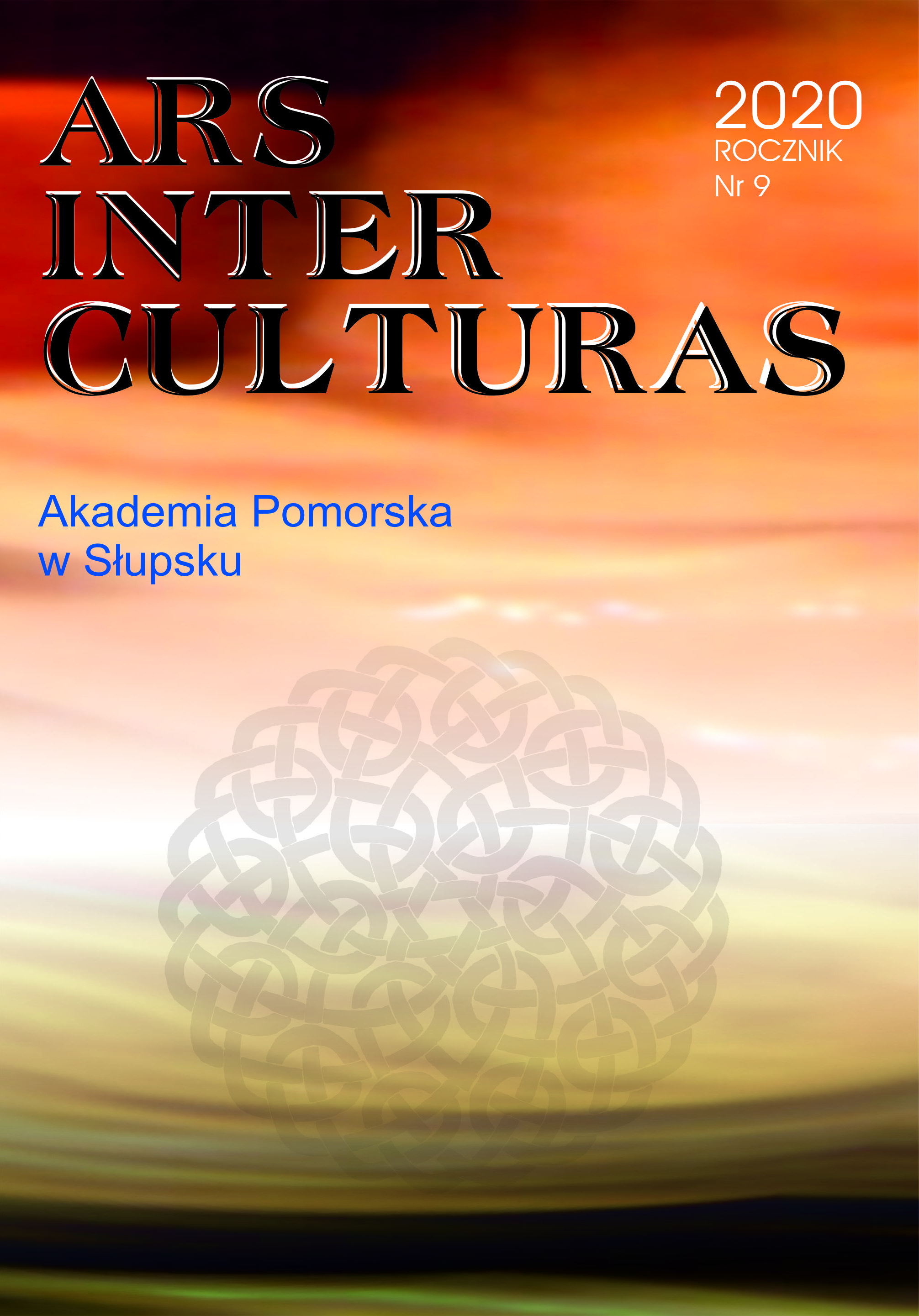Embodiment of Denys Sichynsky’s Autobiographic Re ections in His Vocal Creative Work
Embodiment of Denys Sichynsky’s Autobiographic Re ections in His Vocal Creative Work
Author(s): Irina ZinkivSubject(s): History, Philosophy, Fine Arts / Performing Arts
Published by: Wydawnictwo Naukowe Akademii Pomorskiej w Słupsku
Keywords: autobiography; autobiographic reflection; Denys Sichynsky’s vocal creative work; composer’s psychological type; Habsburg Empire; fin-de-siecle period
Summary/Abstract: Denys Sichynsky is one of the brightest representatives of the musical culture of Eastern Gali- cia at the turn of the twentieth century. He belongs to the so-called second generation of Gali- cian composers, successors and followers of the Przemyśl School, Mykola Lysenko, in uenced by European musical romanticism, and a forerunner of modernist trends in Ukrainian vocal music. Vocal music is the main area of the artist’s work.The pages of Sichynsky’s Autobiography open up a narrative that is a unique model of his own re ection on life events, as well as one of his self-realization forms in the romance genre. It makes it possible to decode a complex creative identity and compare the autobiographi- cal description of his own life history with factual material available. The “Autobiography” becomes a key to understanding the composer’s choice of vocal works and the speci cs of reading literary texts of romanticists and his contemporaries, as well as their musical imple- mentation. Sichynsky’s mental constitution, viewed from the pages of his vocal works, is one of his identi cation forms as an artist with challenging destiny from the Austrian province of the Habsburg Empire at its decline, which coincided with the n-de-siecle period marked by new artistic trends.D. Sichynsky’s vocal creative work, which completes the era of Romanticism and reveals the rst sprouts of modernist aesthetics in Galician vocal music, was rst considered through the prism of autobiographical re ections. The features of the new worldview in vocal works were self-formed uder the in uence of the aesthetics of Ukrainian (Ivan Franko, Lesia Ukraiin- ka, Bohdan Lepkyi, Uliana Kravchenko) and Polish (Lucian Rydle, Marian Havalevіch) mod- ernist poets, Ukrainian and foreign romantic traditions of the solo singing genre, as well as opera art by G. Verdi, G. Puccini, and composers-verists. His vocal creative work formed a basis for the chamber and vocal music formation by the new generation of Ukrainian artists of Galicia – S. Liudkevych, V. Barvinskyi, and N. Nyzhankivskyi, who in the rst decades of the twentieth century elevated the genre of Ukrainian vocal miniature to the highest level of European vocal art.
Journal: Ars Inter Culturas
- Issue Year: 2020
- Issue No: 9
- Page Range: 63-79
- Page Count: 17
- Language: English

